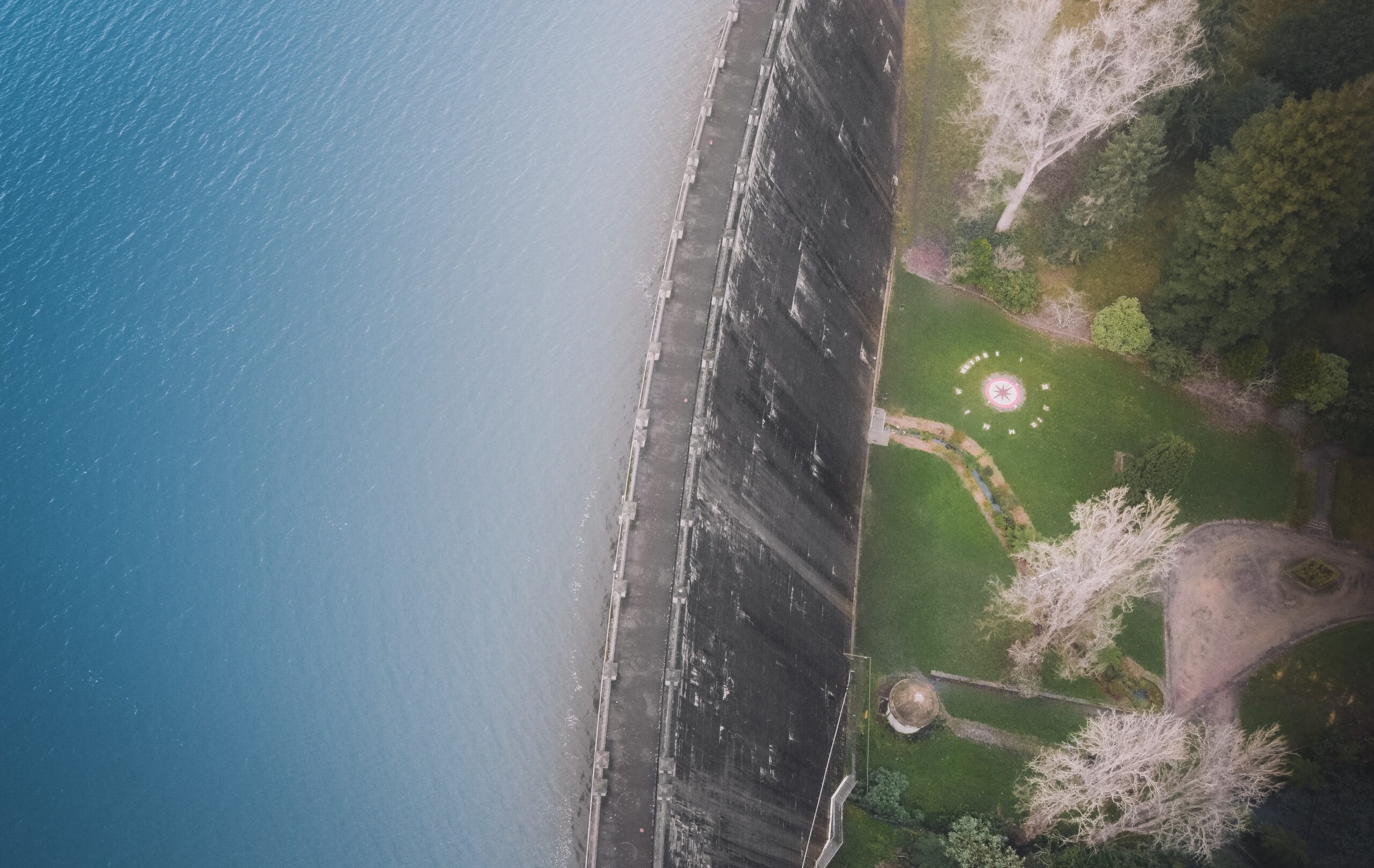
The final instalment of LPC’s What’s Up in Water? will identify common areas of dispute in construction projects, as well as considerations for an effectively (and appropriately) drafted dispute resolution clause.
Disputes in major construction projects are commonly caused by a change in the scope of work, lack of access to site, failure to price accurately, failure to make payment, delay (including force majeure), and/or issues with the quality of the works performed. However, the risks associated with said disputes can be managed by an effectively drafted contract and its proper administration throughout the Project.
Engagement of a legal team with industry-specific knowledge can assist in the negotiation of a contract with a view of avoiding disputes if and when they arise, by drawing on expertise and past experiences to provide clarity and guidance on issues that optimistic parties may overlook during the feelgood stages of the project.
Construction Disputes
Whilst the parties are often in good spirits at the commencement of a project, this does not prevent conflicts arising from day one. Issues arising in the early stages of the project can set it off on the wrong foot by immediately causing delays and other problems it may never recover from. These “early issues” include:
- Discrepancies in contract or project documents (including technical specifications, associated data, site plans, reports, and other pre-existing site / operations information). As this data is often used to develop the design of the project, such discrepancies can create confusion, lead to the incorrect selection of equipment and other materials, and can cause ongoing impacts to the quality of the project;
- Delays in obtaining the relevant approvals / permits for the project, which can delay the completion of design, or the commencement of construction; and
- Inaccurate project costs caused by inflation, bidding competition during the tender phases of a project, site conditions, and project delays generally.
Disputes arising over the duration of the project include:
(a) Unexpected site conditions, which can cause significant delay and disruption, and otherwise contribute to the complexity of the project;
(b) Programming / sequencing of activities for the completion of the works (which is of particular importance in augmenting an in-use asset which provides essential water and wastewater services, and cannot simply be “turned off” for extended periods for construction);
(c) Coordination and communication issues (or lack thereof), which can create conflict and adversely affect the achievement of project goals, and impact completion of the project; and
(d) Disagreement between the parties on variations, delays, and quality of the completed works.
The high stakes involved in the construction or upgrade of water infrastructure (of which environmental protection and public health and safety are of paramount concern), means a clear and effective dispute resolution provision is a key requirement in ensuring the supply of safe and reliable water and wastewater services is continued.
Dispute Resolution Clauses
A dispute resolution cause will outline a process to be followed by the parties if a difference, disagreement or dispute arises. Generally, the process may require notification by the party raising the dispute, meeting/s to occur between the parties (at various levels), and/or mediation, prior to the matter being referred to expert determination, arbitration, or court proceedings.
To avoid the possibility of a dispute between the parties hindering the progression of the contract, impacting the construction or operation of an in-use asset, or compromising the health and safety of the public, consider implementing a dispute resolution clause which:
- Is clear and unambiguous, and can operate practically (to ensure it is enforceable);
- Articulates the appropriate dispute resolution forum, and the terms surrounding same (i.e. timing, monetary caps, appointment of the determiner of fact); and
- Addresses the ongoing obligations of the parties under the contract, notwithstanding the existence of a dispute.
The negotiation of a dispute resolution clause should not be taken lightly, as the courts have generally found that the parties should be held to their bargain (i.e. shall follow its agreed process). Santos Limited v Fluor Australia Pty Ltd [2006] QSC 129 is authority for the position that parties are required to follow the process identified in a dispute resolution clause.
Lamont Project & Construction Lawyers
Our Team have the industry knowledge and experience to assist both Principals and Contractors in all major projects, including water. If you would like to discuss any matters raised in the above article or the forthcoming series as it relates to your specific circumstances, please contact Lamont Project & Construction Lawyers.
The contents of this article is for information purposes only; it does not discuss every important topic or matter of law, and it is not to be relied upon as legal advice. Specialist advice should be sought regarding your specific circumstances.
Contact: Peter Lamont or Lili Hoelscher
Email: peter@lpclawyers.com or lili@lpclawyers.com
Phone: (07) 3248 8500
Address: Suite 1, Level 1, 349 Coronation Drive, Milton Qld 4064
Postal Address: PO Box 1133, Milton Qld 4064
